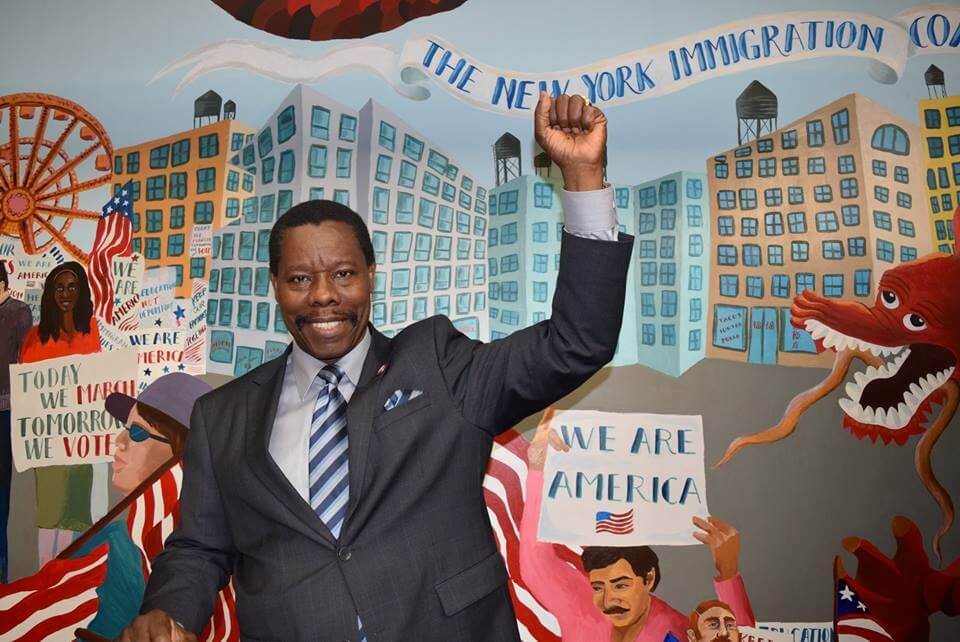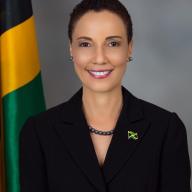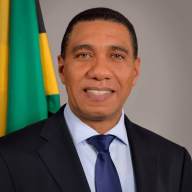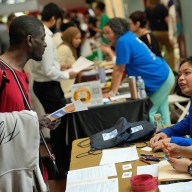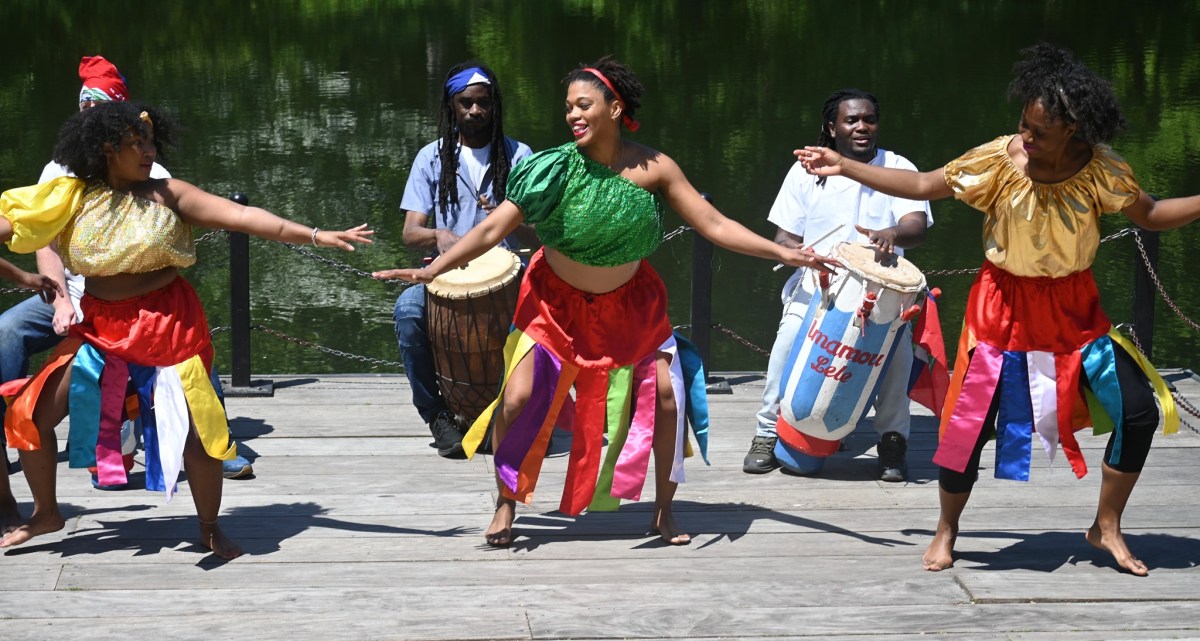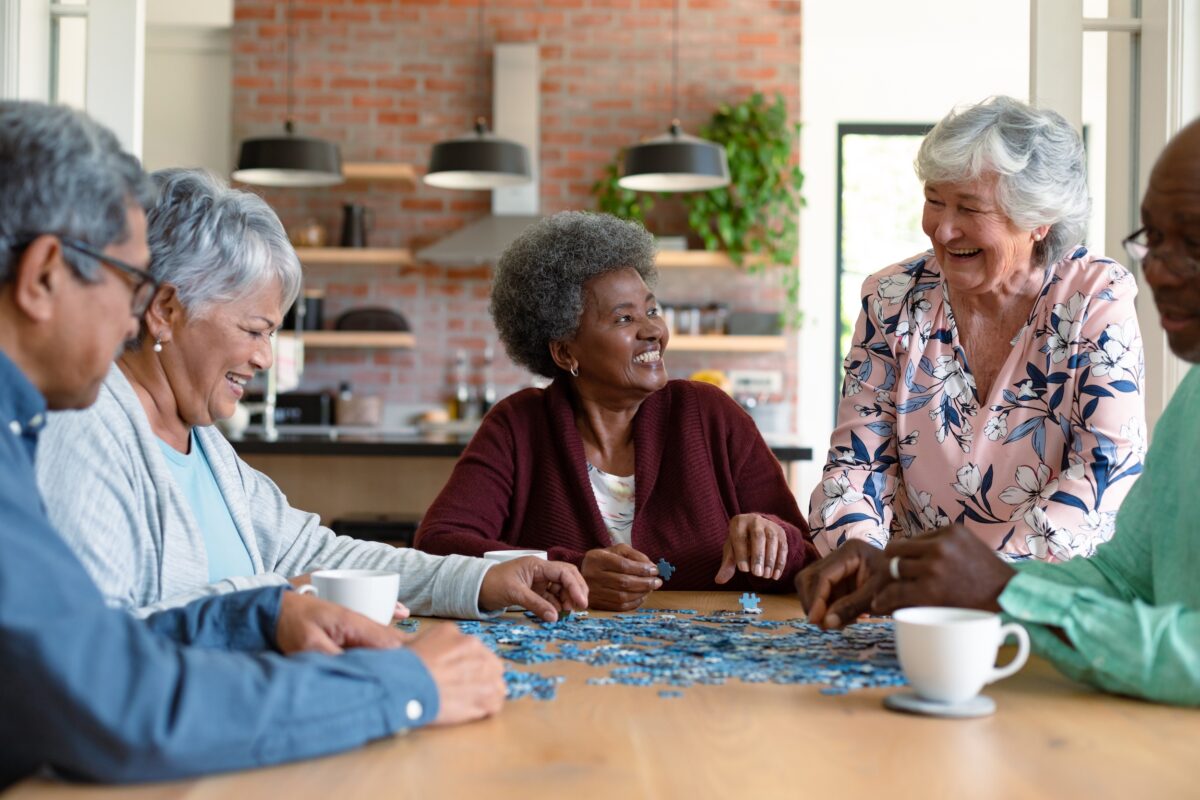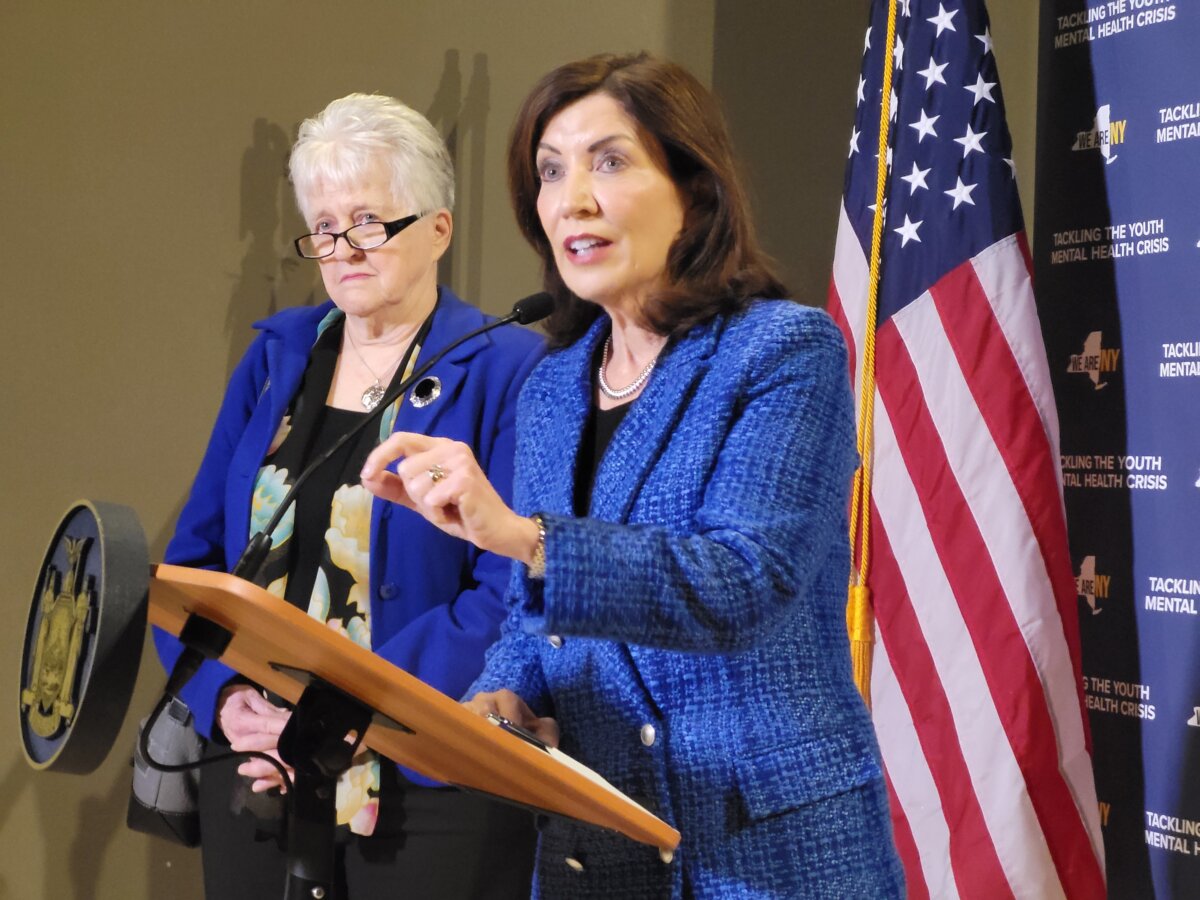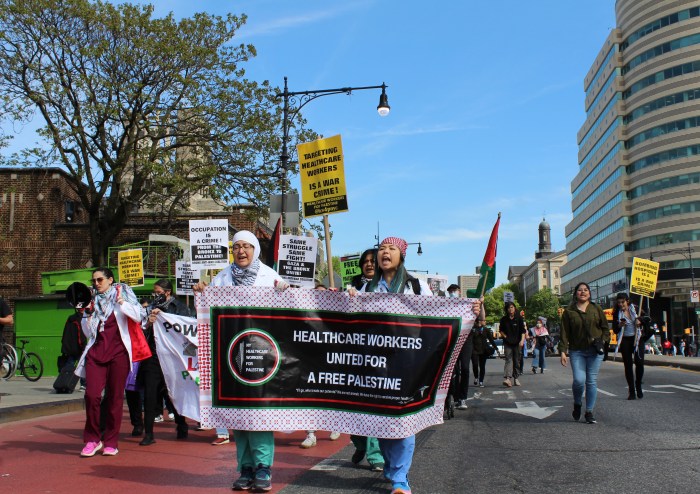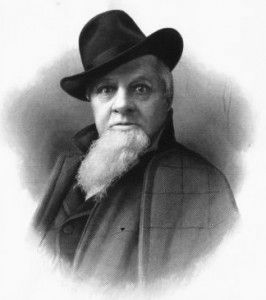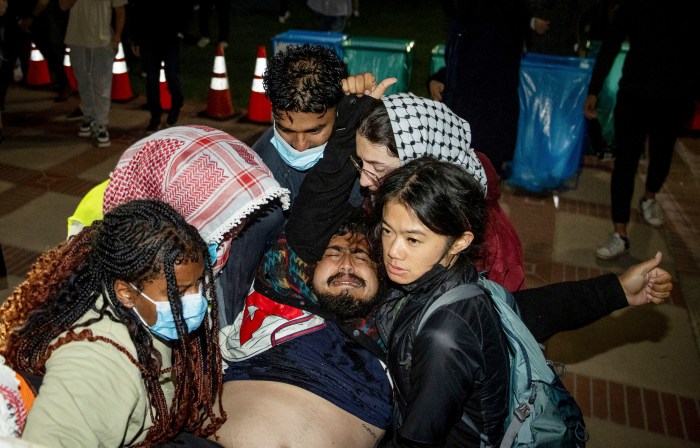Brooklyn Democratic Council Member Dr. Mathieu Eugene on Friday introduced five pieces of legislation at the City Council Stated Meeting that he says will better protect underserved New Yorkers during the COVID-19 pandemic and future public health emergencies.
Dr. Eugene, the Haitian-born representative for the 40th Council District in Brooklyn, told Caribbean Life that Resolution 1416 calls on the United States Department of Homeland Security to halt all deportation proceedings for the length of the COVID-19 pandemic, “as a means of restricting the global spread of this disease.”
He said Resolution 1417 calls on the United States Department of Homeland Security to place a moratorium on all removal proceedings for employment-based status holders that suffered a loss of employment during or due to the COVID-19 pandemic.
In addition, Eugene said Resolution 1418 calls on the United States Congress and the president to sign legislation that would permit employment-based status holders to retain lawful status, after loss of employment, if such loss was related to the COVID-19 pandemic.
The councilman said Introduction 2075 is a local law to provide public school students with mobile hot spot devices, and that Introduction 2076 is also a local law that would require the Commissioner of Buildings to recommend updates to the construction codes to facilitate the conversion of buildings into temporary hospitals in the event of a pandemic or other public health emergency.
Eugene said the legislation is part of his continued advocacy for protecting the health and well-being of all New Yorkers during the COVID-19 pandemic, which includes the recent adoption of Resolution 637-A, calling for the creation of a Special Federal and State Commission to continue research on the spread of infectious disease and to better prepare for similar outbreaks similar to COVID-19.
“I believe that we must do more as a city to protect our underserved residents from the uncertain living and working conditions that have manifested as a result of the COVID-19 pandemic,” Dr. Eugene. “As an elected official representing a majority immigrant community, I have seen firsthand the enormous burden that so many hardworking immigrant status-holders are facing regarding loss of employment due to COVID-19.
“These are dedicated New Yorkers, many of whom have operated on the front lines of this health crisis, and it is not right that they are subjected to removal proceedings because of employment-based conditions outside of their control,” he added. “We have small business owners, cab drivers, essential workers, and healthcare professionals, all of whom risked their personal well-being to keep our city and our country running during the pandemic.
“Many people do not realize how important our immigrant workers are to the fabric of this country and the sacrifices they have made for many years to keep our nation functioning in times of crisis,” Eugene continued. “Now is the time when we must support and protect them so that they have the means to improve their lives in the pursuit of the American Dream.”
The councilman said that the US deportation process is not designed to provide appropriate protections against the spread of infectious disease, stating “that is why I have introduced Resolution 1416, which calls for a halt to deportation proceedings for the length of the COVID-19 pandemic.
“The practice of deporting infected individuals to their country of origin is not safe for those countries and presents an additional health risk for individuals traveling back to the United States,” he said. “If we cannot ensure that deportees infected with COVID-19 are able to properly quarantine, then we should not continue a practice that will only increase the global infection rate.”
Eugene also said that there are “underserved students who do not have the same access to reliable technology as the majority of New York City students.
“If we are going to promote equality in education, then we must answer the needs of the community and provide resources to those who may not have reliable internet connections,” he said. “Remote learning is a challenge for all parties involved, but that is why we must identify the areas where students are being left behind and provide resources to resolve these issues.”
Eugene said Introduction 2076 – aimed at updating New York City building codes so that they can be more easily converted into temporary hospitals in the event of a future pandemic or occurrence of infectious disease – “represents another significant step in my advocacy to better protect New York City from an outbreak similar to COVID-19.
“I believe that we have the resources available to lessen the impact of another health crisis, but we must be more proactive in how we implement these resources,” he said. “This legislation will make it easier to convert buildings into temporary hospitals and allow our healthcare workers to operate and care for the sick in much safer environments at the onset of an epidemic.”
In July, the City Council overwhelmingly adopted Eugene’s legislation to study and better prepare the city for the spread of infectious disease.
“As a medical doctor, and a longtime advocate for the health of the community, I am well aware of the ever-present dangers of deadly viruses similar to COVID-19,” Dr. Eugene said. “That is why it is extremely important that New York City continue to take the necessary precautionary measures, so that when we face another health emergency, we are in a better position to protect all New Yorkers, regardless of immigration or socioeconomic status.”


